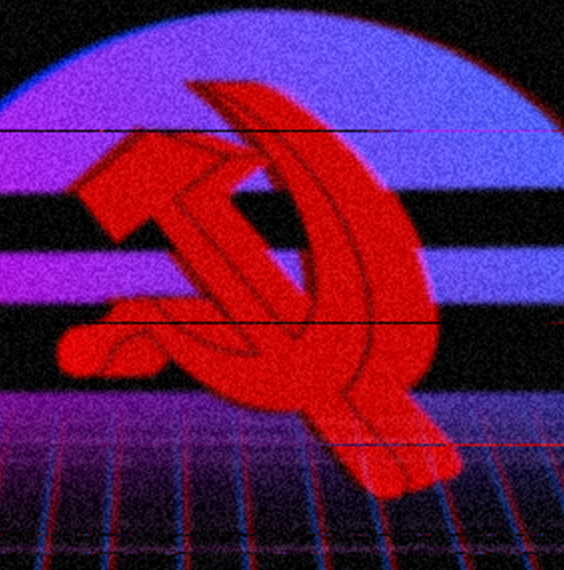

Once their bourgeois propaganda media empire fully loses every remnant of its monopoly on truth, for sure. It’ll be out of eventual fascist policy or the final strategy of status quo preservation. Its first phase will be taking shape in the form of regional algorithm auditing like Oracle is doing with Tiktok.












Whatever a fascist says out loud, a liberal thinks deep within. They can and will attribute phenomena like poverty and violence to the genetics and “culture” of the perceived “inferiors” (non-Western residents). This is just the fascist pipeline encroaching their facade in real time, and it seems to be skyrocketing in the EU core as a whole (Nordics, Netherlands, Belgium, France, Germany, etc). Checks out with their history of blind class collaborationism alongside being fascism’s left front, now facing the brutal material reality of late stage capitalism.